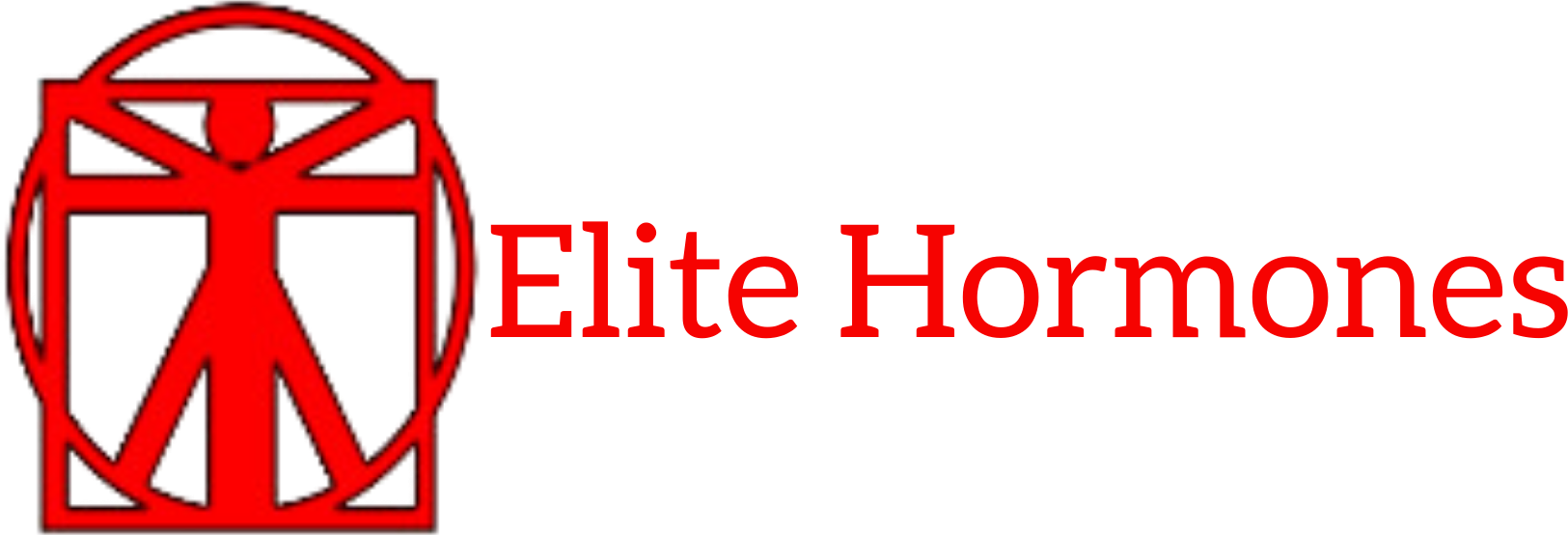Testosterone replacement therapy (TRT) can be a game-changer for those experiencing low testosterone levels. However, the effectiveness of TRT can be significantly enhanced when paired with proper nutrition and lifestyle choices. Explore some critical factors that can optimize your therapy experience for better results with Elite Hormones, our Wisconsin hormone replacement center.
Nutrition and Lifestyle Factors to Support Testosterone Replacement Therapy
Nutrition and Lifestyle Factors to Support Testosterone Replacement Therapy

Prioritize Balanced Nutrition
A diet rich in whole foods is essential for maximizing the benefits of TRT. Focus on incorporating lean proteins, healthy fats, and plenty of fruits and vegetables. Nutrients play crucial roles in testosterone production. Foods like spinach, nuts, eggs, and fish should be staples in your diet to encourage hormonal balance.

Exercise Regularly
Physical activity is vital for maintaining healthy testosterone levels. Engage in a mix of strength training and cardiovascular exercises. Weightlifting has been shown to boost testosterone production, while aerobic workouts can help manage weight and reduce fat, further supporting hormone balance. Aim for at least 150 minutes of moderate aerobic activity or 75 minutes of vigorous activity per week, along with strength training twice a week.

Optimize Your Supplementation
While a well-rounded diet should supply most of your nutrient needs, certain supplements can further support testosterone levels. Consider supplements like zinc, magnesium, and vitamin D, which have been shown to aid in hormone balance. Additionally, omega-3 fatty acids, often found in fish oil, can help reduce inflammation and improve cardiovascular health. Always consult with a healthcare provider before starting any new supplement to ensure it aligns with your specific needs and TRT plan.

Ensure Quality Sleep
Sleep is often underestimated in its impact on testosterone levels. Aim for seven to nine hours of quality sleep per night. Poor sleep can lead to hormonal imbalances, including reduced testosterone. Consider establishing a consistent sleep schedule and creating a relaxing bedtime routine to improve sleep quality.

Manage Stress Effectively
Chronic stress can elevate cortisol levels, which may negatively affect testosterone production. Incorporate stress-reduction techniques such as mindfulness, yoga, or meditation into your daily routine. Engaging in hobbies and spending time with loved ones can also help mitigate stress and promote a more balanced hormonal environment.

Stay Hydrated
Hydration plays a vital role in overall health and hormone regulation. Adequate water intake supports various bodily functions, including nutrient transport and metabolic processes essential for maintaining healthy testosterone levels. Aim for at least eight to ten glasses of water daily, and adjust based on your activity level and climate. Proper hydration can also enhance energy levels and improve physical performance, further supporting your TRT journey.
Incorporating proper nutrition and lifestyle choices can enhance the effectiveness of your testosterone therapy. By prioritizing balanced nutrition, staying active, ensuring quality sleep, managing stress, and staying hydrated, you can maximize your results and overall well-being. For personalized advice tailored to your needs, reach out to Elite Hormones today, and start your journey toward optimal health with our TRT clinic in Wisconsin.
